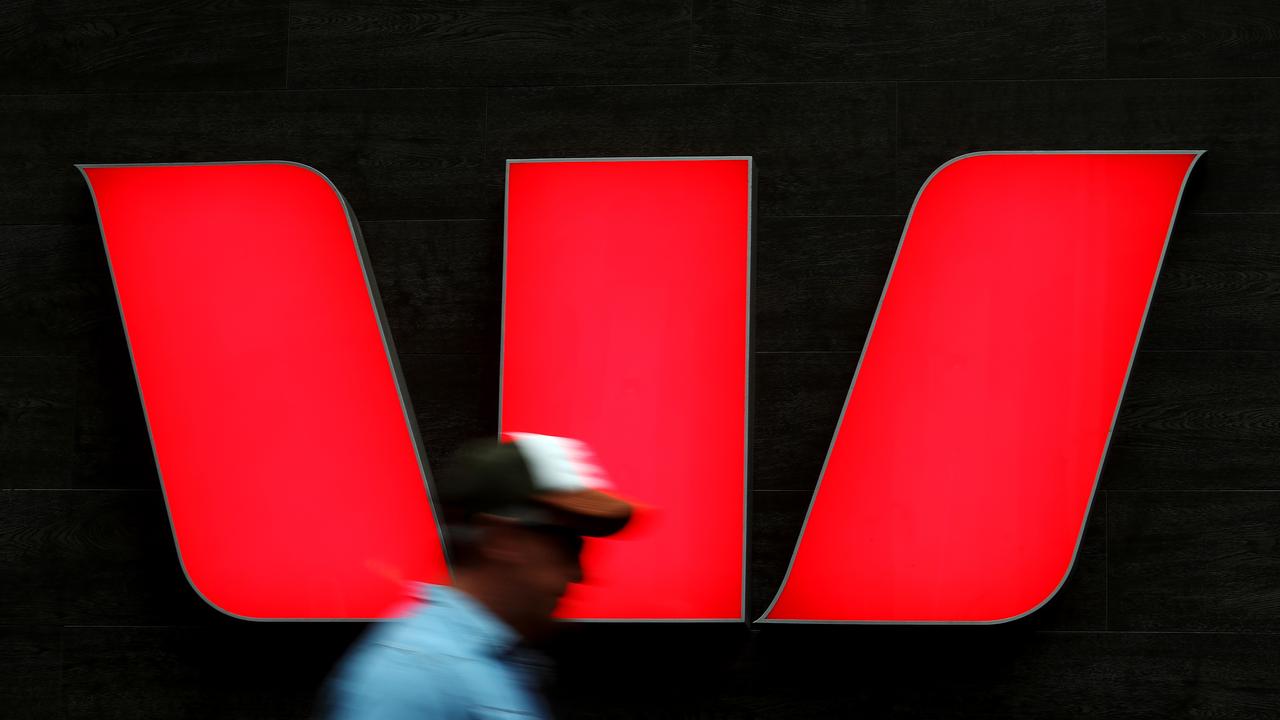APRA, ASIC face royal commission music over retail super funds
The deputy chairs of the prudential and market conduct regulators can expect a thorough grilling.
The deputy chairs of the prudential and market conduct regulators can expect a thorough grilling on their agencies’ effectiveness when they appear tomorrow before the financial services royal commission.
Helen Rowell, from APRA, and Peter Kell, from ASIC, are in the commission’s crosshairs, with Kell facing a more searching examination than his April appearance in the financial advice round of hearings.
One of the topics this time will be the snail-paced transition of retail fund members to lower-fee MySuper products, despite repeated public warnings by the Australian Institute of Superannuation Trustees — and others — going back to 2011.
While all funds were allowed a four-year transition period until July last year, it beggars belief that this could be seen in any way as in the best interests of members.
In 2014, AIST issued a press release that highlighted an eye-watering $77 billion was still in higher-fee products, with the lion’s share of that amount in bank-owned and other retail funds.
A report commissioned from Rainmaker Information by the industry fund network found that the for-profit super sector would reap an extra $800 million to $1.8bn over the four-year transition period by leaving default accounts parked in legacy products with higher fees.
Rainmaker concluded the slow retail transition was “most likely a deliberate strategy by retail wealth managers”.
Rowell told parliament in 2016 that APRA was “broadly comfortable” with the pace of transfers, although some retail funds had run into legal issues when shifting people from one legacy fund into a MySuper product.
“Industry funds have moved more quickly in this area,” she said.
“In the case of retail funds, typically there have been a range of different default products and it has been a lengthier and more difficult process for them.”
AIST pushed hard for the final transition date to be brought forward but failed.
Fast forward four years, and National Australia Bank, Commonwealth Bank and Suncorp are struggling to answer the best-interests question in the royal commission.
APRA might struggle as well.
ASIC belatedly launched an investigation last year into the MySuper transition.
Word on the street
As the curtain call looms for Kenneth Hayne’s inquisition of the superannuation industry, bankers around the country have been wistfully recalling that time of sweet innocence when Financial Services Minister Kelly O’Dwyer came to visit.
The word on the street is that O’Dwyer prophesied a day of reckoning for the industry funds, with shocking revelations about systemic misuse of member funds to create a compliance nightmare for the $600bn not-for-profit sector. O’Dwyer denies saying this publicly or privately.
A spokesman said she never prophesied anything, apart from disclosure of some appalling practices industry-wide.
“When it comes to the superannuation industry, there needs to be reform across the board,” the spokesman said.
In an April speech, however, O’Dwyer — an industry fund member herself — referred to money in the super industry that’s “sloshing around for other cultural practices”.
She said members had to “stand by and watch” as their retirement savings were spent on “straight-out political advertising”.
Funds were also spent on dubious sponsorships of union congresses. Or on super liaison officers who “are in fact union officials” being paid out of super funds. Or on a lobbying effort whose main achievement was to “stand in the way of the regulator, APRA, getting important new powers to protect members’ money”.
Correct us if we’re wrong, but we’re struggling to recall similar allegations made against the retail funds.
Last Thursday, the superbly moustachioed AustralianSuper chief executive Ian Silk, one of only two witnesses (along with senior National Australia Bank executive Andrew Hagger) to be summonsed by name so far, was probed by the royal commission about the “fox and henhouse” advertisement, and the online media venture The New Daily, among other things.
But on the royal commission’s pain-o-meter, sponsored by NAB and its wealth unit MLC, the damage sustained by the $140bn behemoth barely registered.
The sponsor’s three witnesses — Hagger, Nicole Smith and Paul Carter — spent a gruelling five days in the witness box.
Silk struggled to clock up two hours.
On Tuesday, the onus was on David Elia, chief executive of the top-performing industry fund Hostplus, to provide the fodder for an armageddon-type scenario for industry funds.
Elia had more to work with — $260,000 spent on wining and dining 120 chief executives and employer representatives at the Australian Open tennis tournament this year, $40,000 laid out on tickets at Etihad Stadium in Melbourne in April, and a staff lunch at the city’s top-end Chinese restaurant, the Flower Drum.
However, instead of Elia wilting, it was Hayne who raised the white flag in surrender, exhausted by the Hostplus chief’s relentless spruiking of the importance of relationships in super to build scale and lower fees.
Overriding that was the need to retain default-fund status so that compulsory super deductions kept flowing in.
The truth is that Hayne has barely laid a glove on the industry funds.
Meanwhile, in the for-profit sector, the commissioner has floated potential criminal charges against NAB in relation to fees-for-no-service and Commonwealth Bank committing 15,000 offences by failing to move super customers into lower-fee accounts.
gluyasr@theaustralian.com.au
Twitter: @Gluyasr



To join the conversation, please log in. Don't have an account? Register
Join the conversation, you are commenting as Logout